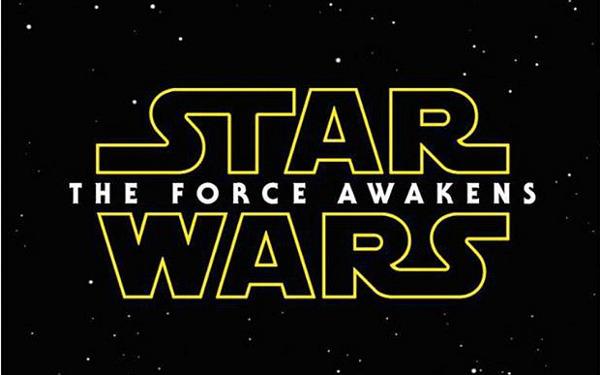Star Wars Shatters Box Office Records…and Raises a Question

The predictable smashing success of The Force Awakens aside, TechRadar’s Dave James raises some interesting questions:
Why did director JJ Abrams shoot the epic on 35mm film? Has Star Wars turned its back on digital projection, the format George Lucas helped pioneer? He writes:
…Why is the series that has done so much to move the industry forward now taking a technological step backwards? And what is that going to mean for the new movie?...[Turns out] the decision to shoot on film is in part an effort to recover the feel of the beloved original trilogy…
“This was really important, that the movie, in a way, go backwards to go forwards," Abrams told Screenrant. "This was very much about new characters and a new story, and like Star Wars has always been at its best, a generational tale of understanding young people and understanding their place in the world. So these are brand new characters that we're meeting, but I wanted it to look and feel the way the original trilogy did."
Read the full story here.
What are your thoughts?
























































